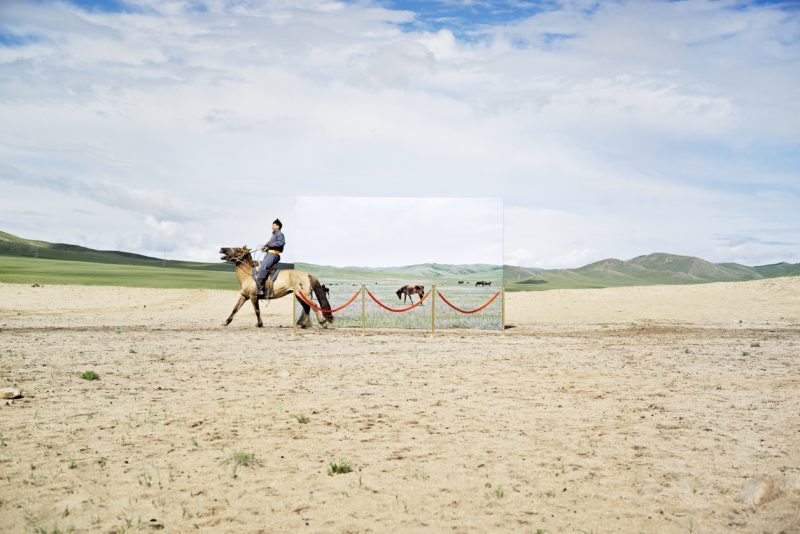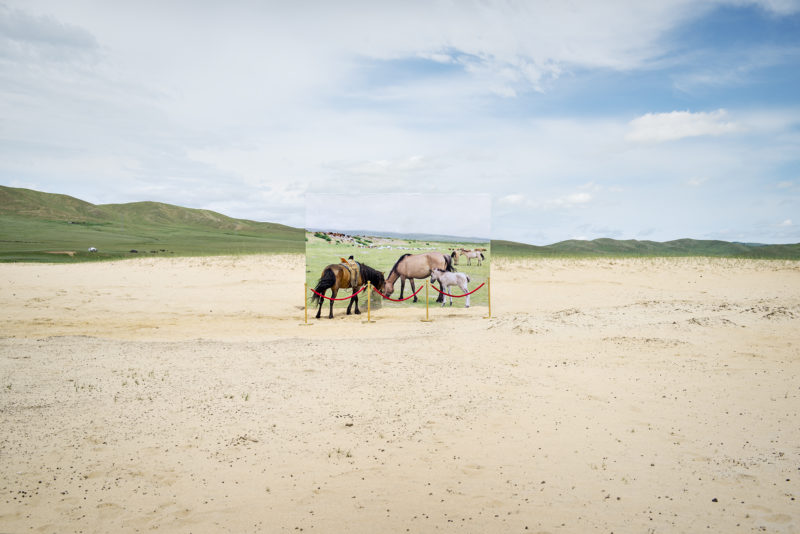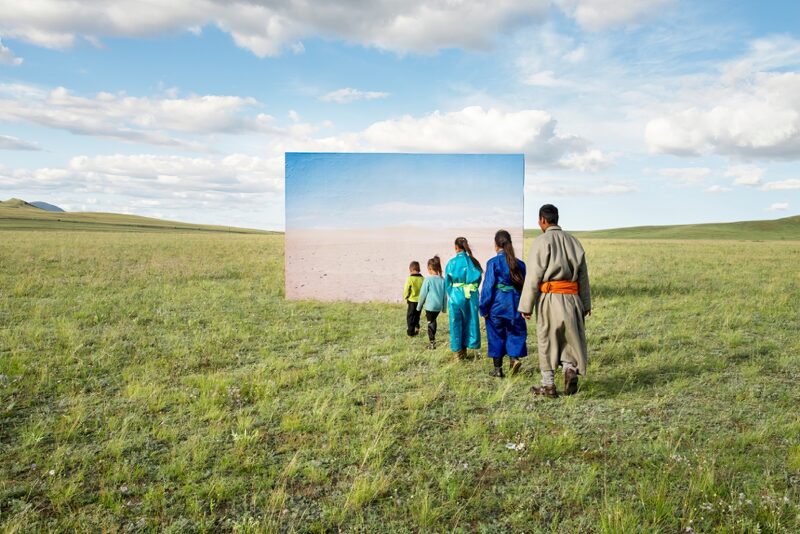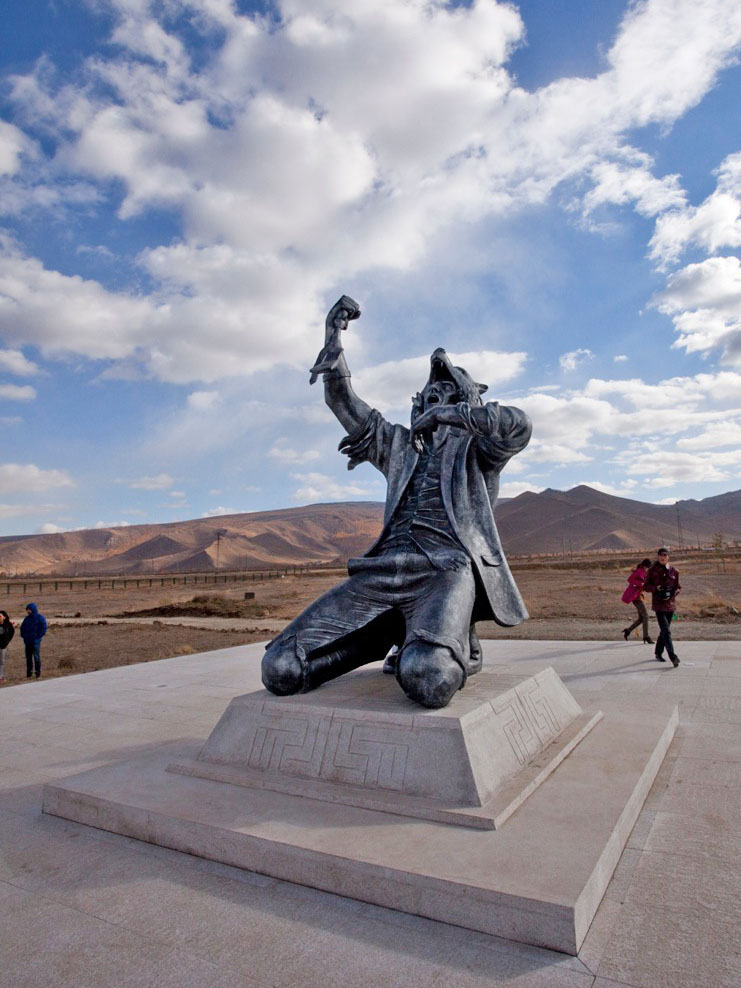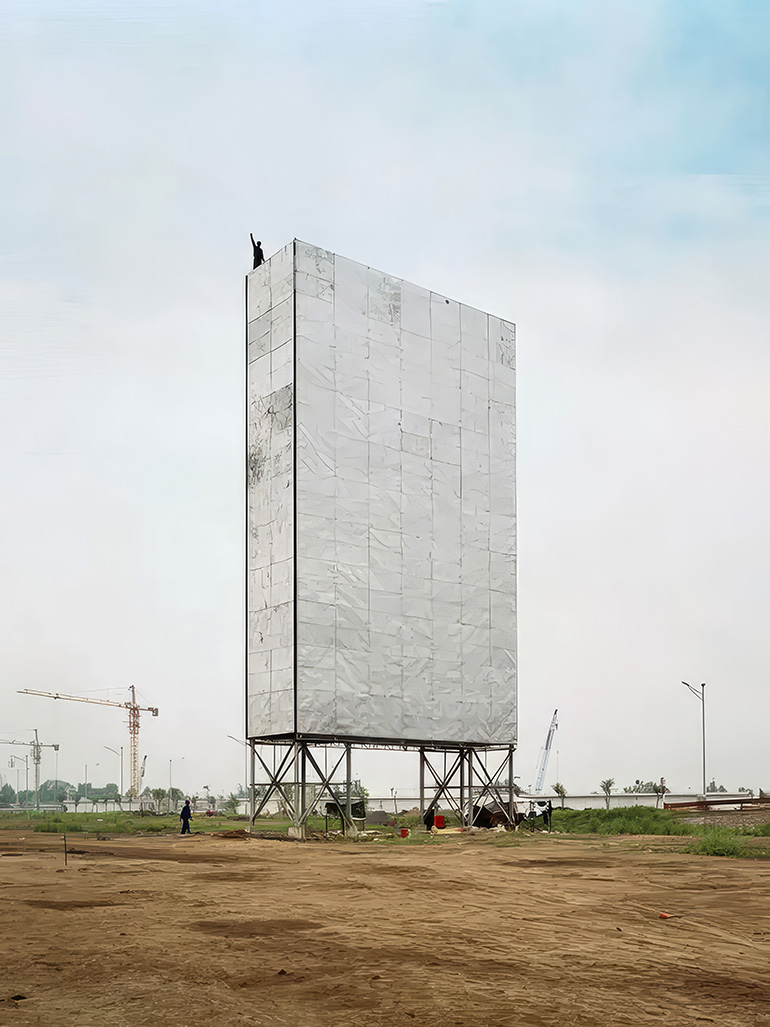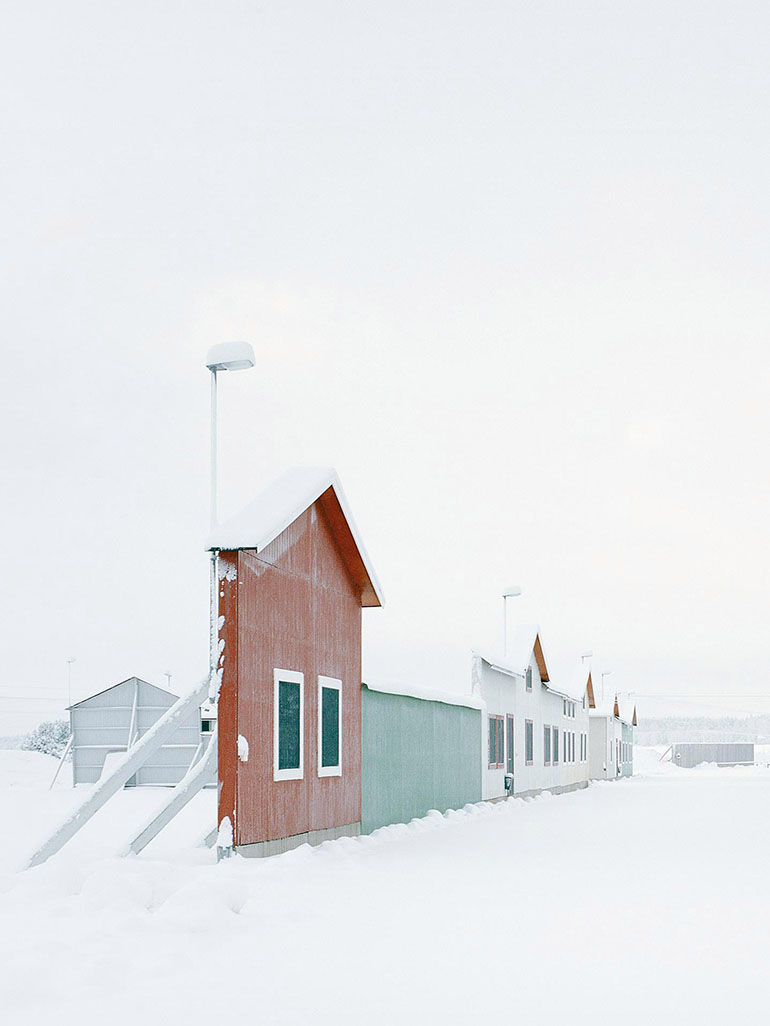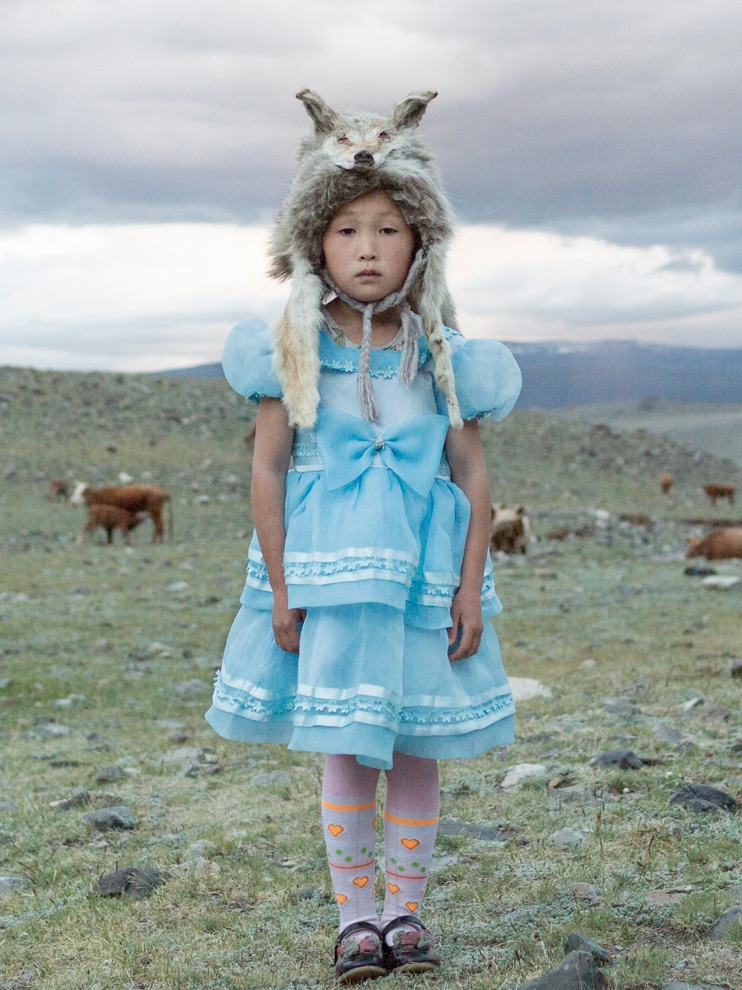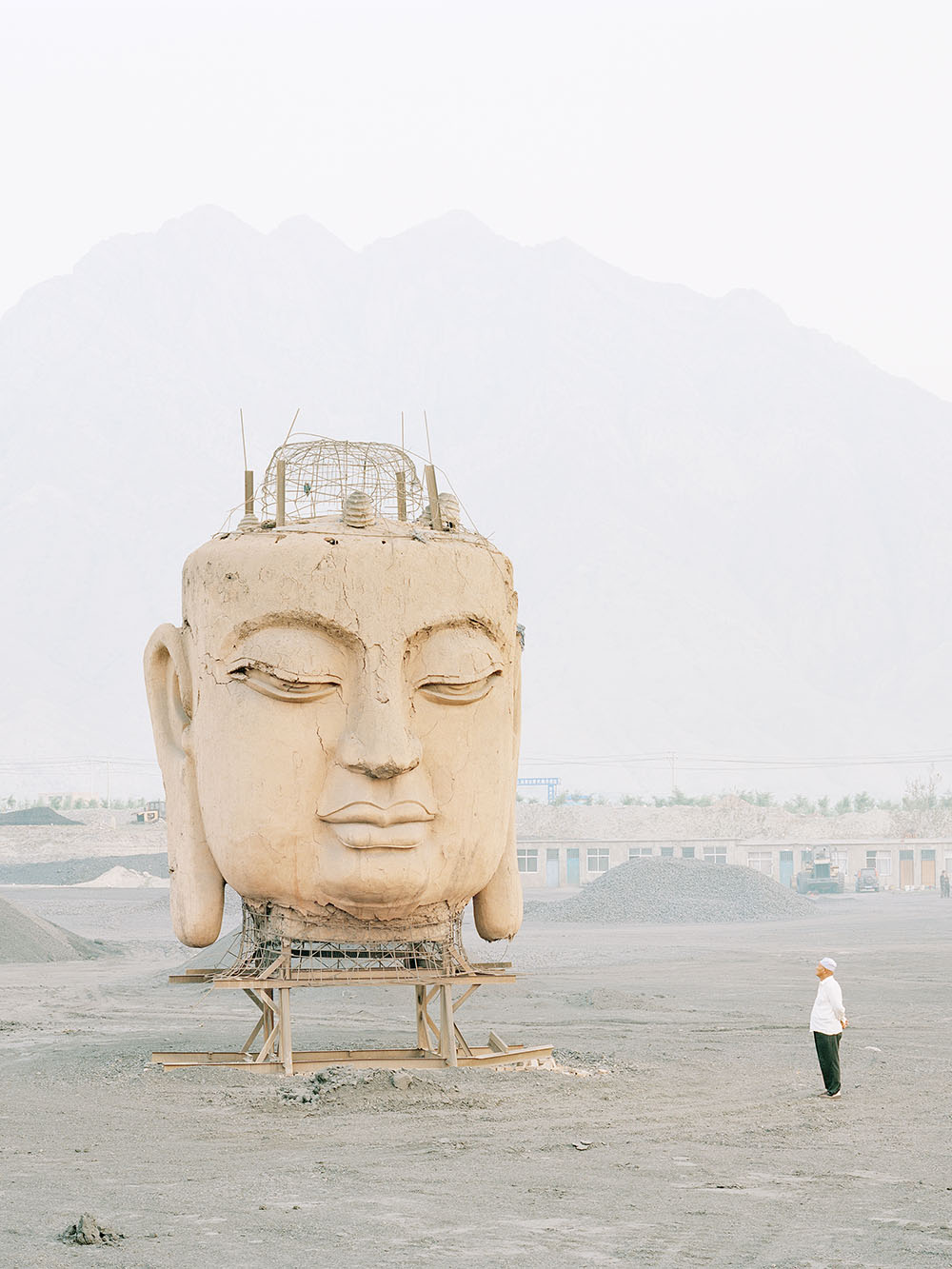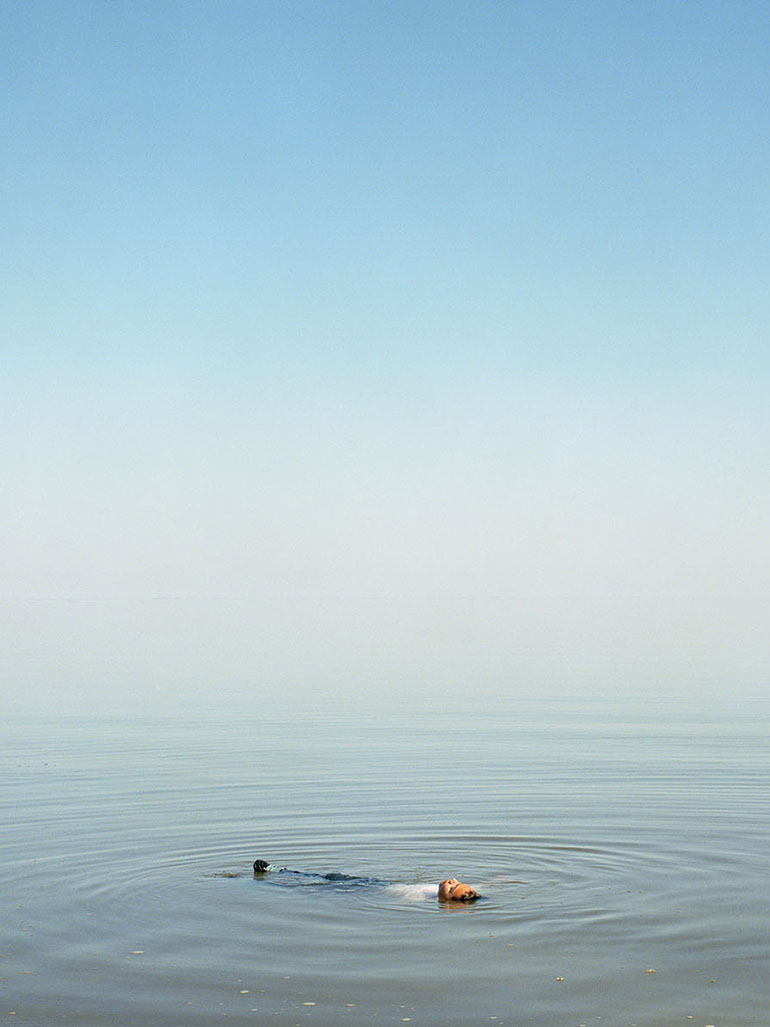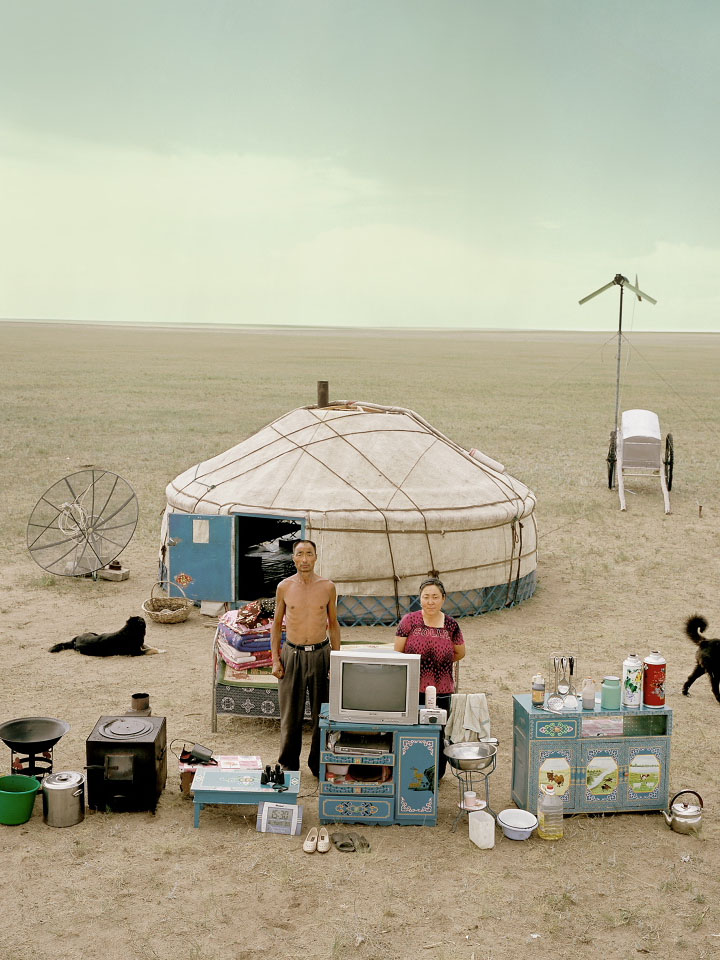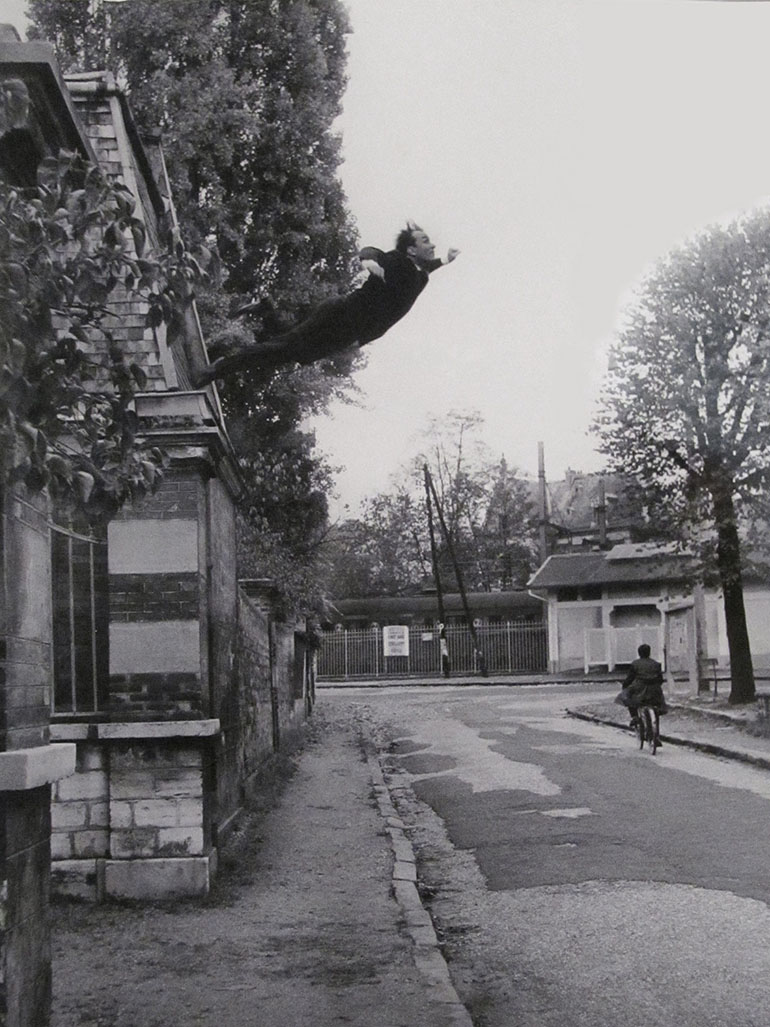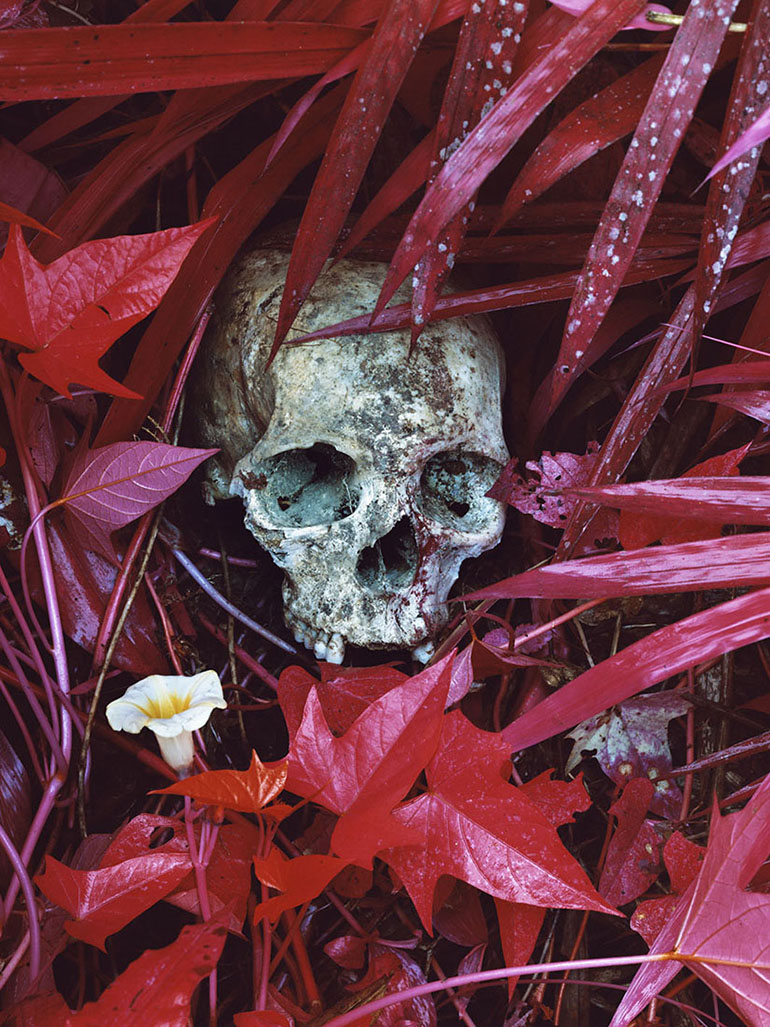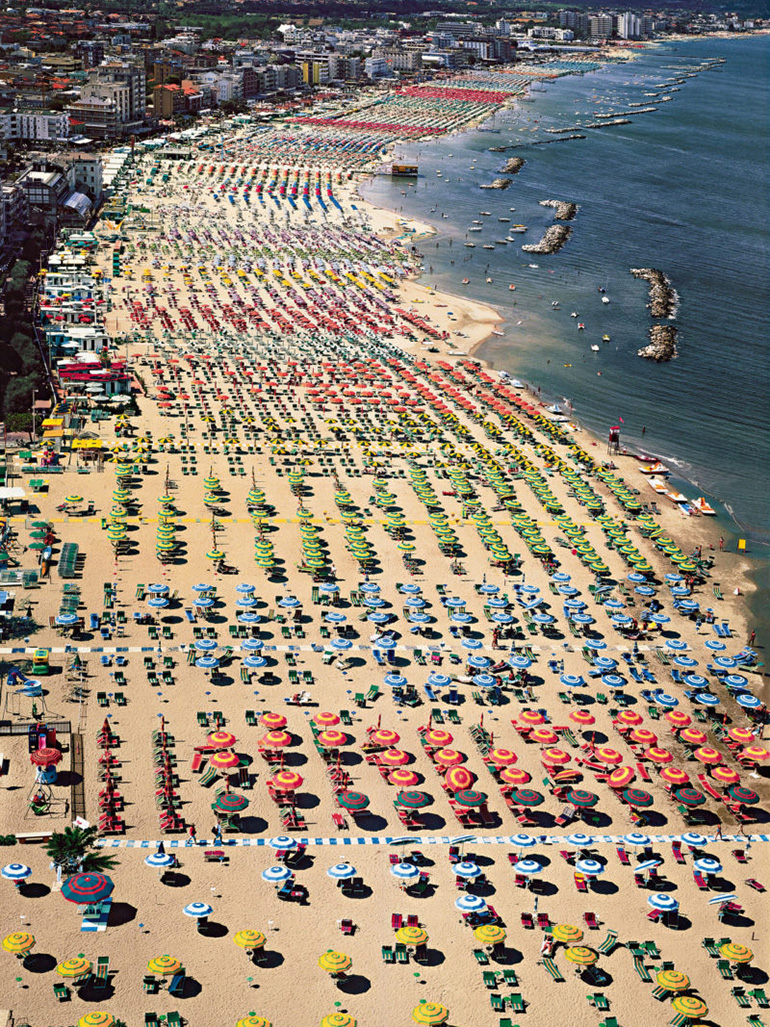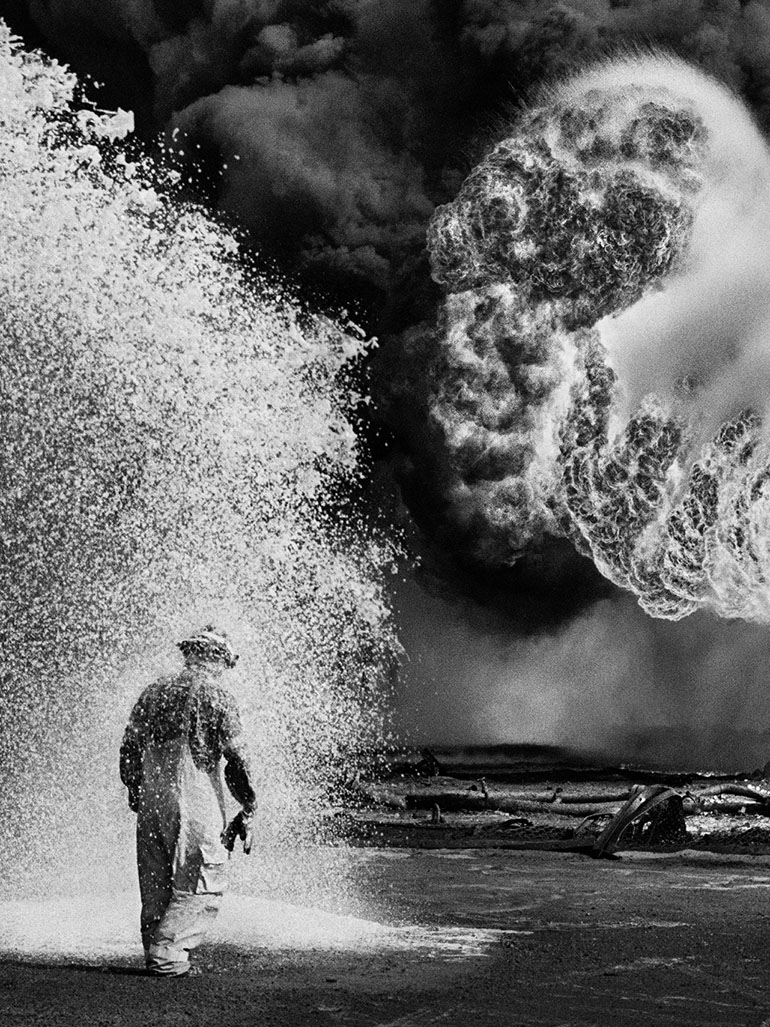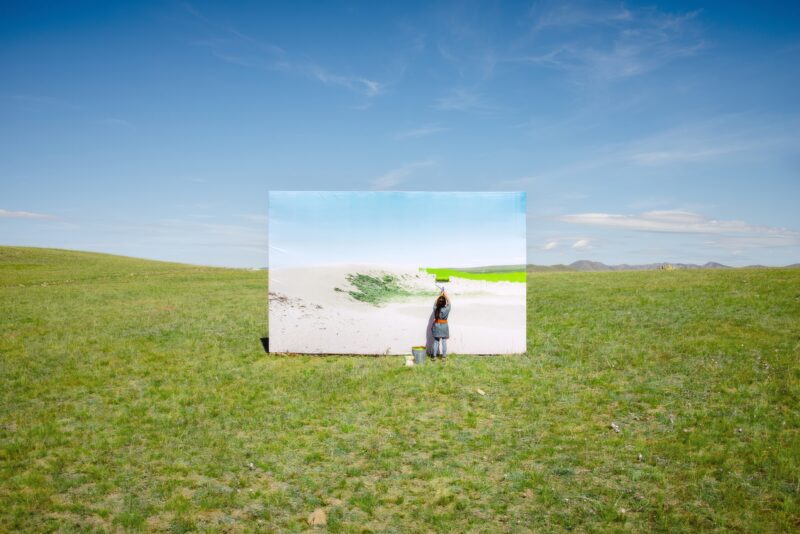
35% of Mongolians are still nomads
Daesung Lee’s 1 Futuristic Archeology project deals with the nomadic people of Mongolia 2. Although Mongolia has seen increasing modernization and urbanization in recent decades, approximately 35% of Mongolians still live a traditional nomadic lifestyle, thus depending on the vast land and their relationship with the land to survive.
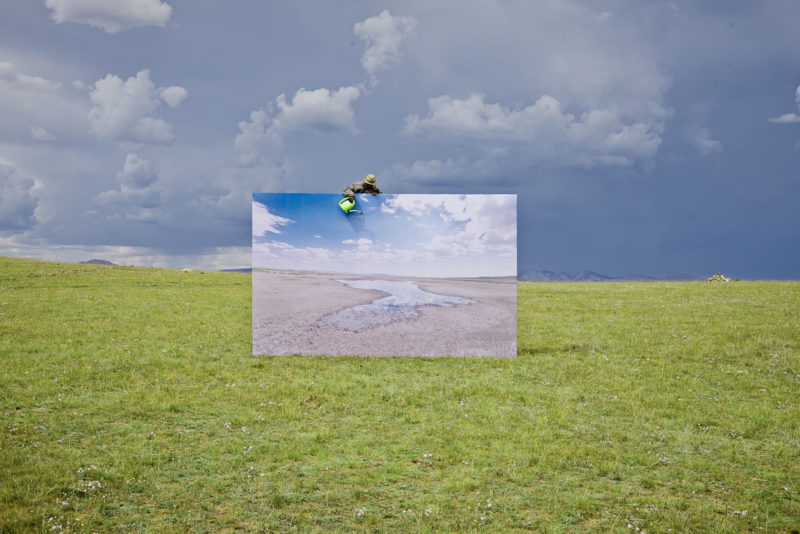
Mongolia’s land can barely be used for farming. A nomadic lifestyle is a response to react to the circumstances while using little resources. However, environmental changes have put their way of life in grave danger, as the land is becoming at risk of desertification.
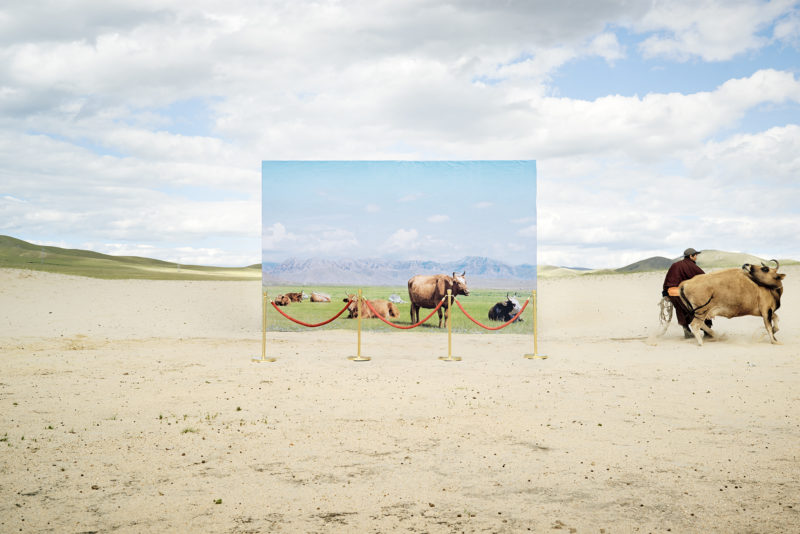
Adding to the existing challenges is the pollution of the environment, which directly affects the water and farmland where livestock feed. Mongolia is rich in natural resources such as oil, gold, copper, iron, coal, etc. Mining them is the leading cause of pollution.
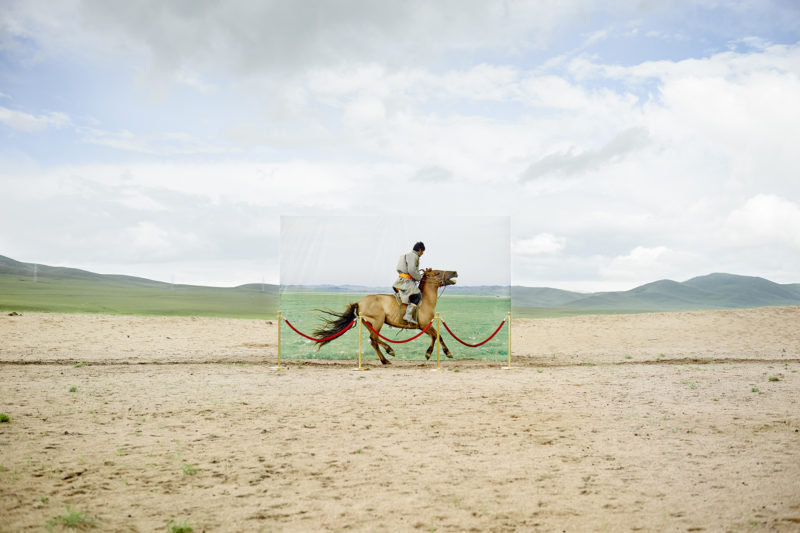
There is also the cashmere industry which contributes to the existing problems. Cashmere goats, a goat that produces cashmere wool, eat the roots of grass, further speeding up desertification.
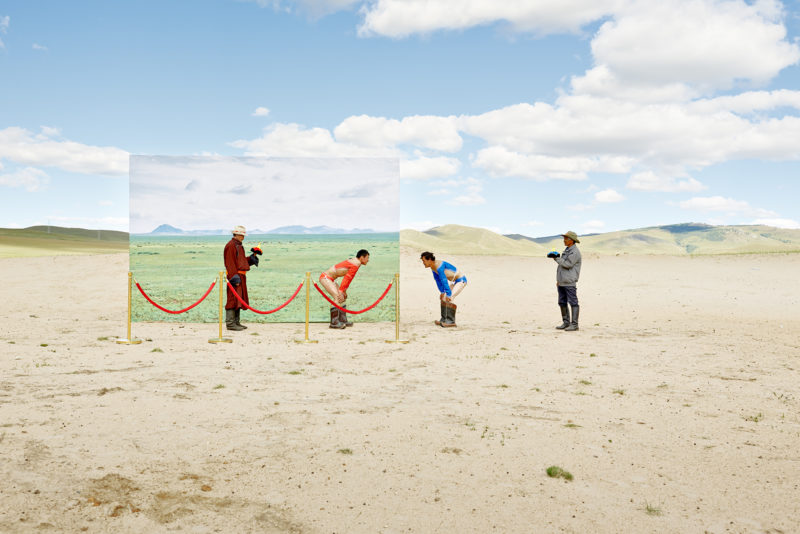
Environmental changes in Mongolia
Throughout history, nomadic life has been central to traditional Mongolian culture. With social and economic changes, in addition to undeniable environmental and climate changes, pursuing a traditional way of life has become difficult and will be increasingly so. Impacts on the environment are causing the land itself to transform.
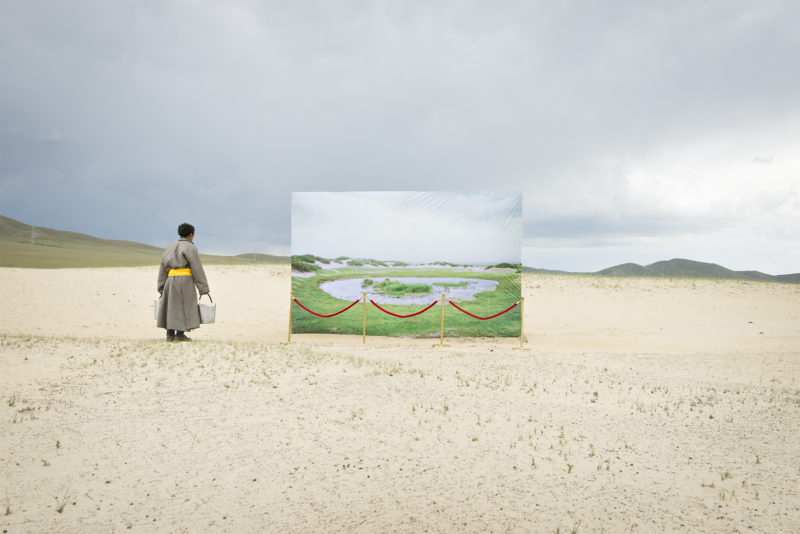
Some organizations have tried approaching the challenge by planting trees around settlements to stop the desertification process. However, Mongolia is an enormous country that naturally limits the effects that these initiatives may have.
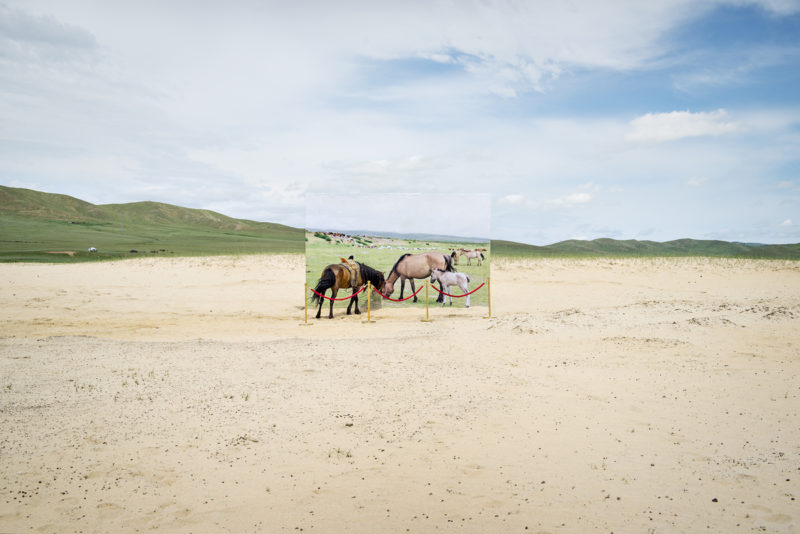
Approximately 850 lakes and 2,000 rivers 3 and streams have dried up in Mongolia, and a subsequent consequence of this loss of water has led to the desertification of Mongolia.
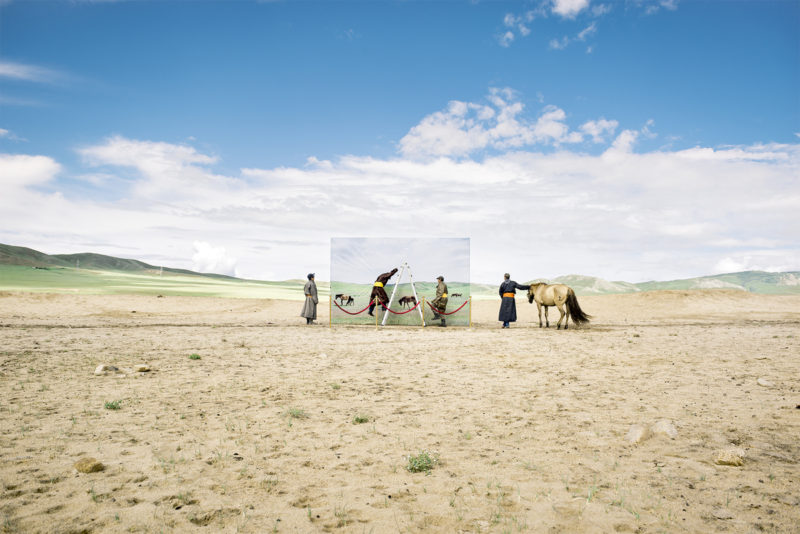
75% of Mongolia turn into a desert
It is said that approximately 75% of Mongolian territory is potentially at risk of desertification 45. These changes to the land and environment directly threaten the Mongolian traditional nomadic ways of life, a significant part of group identity.
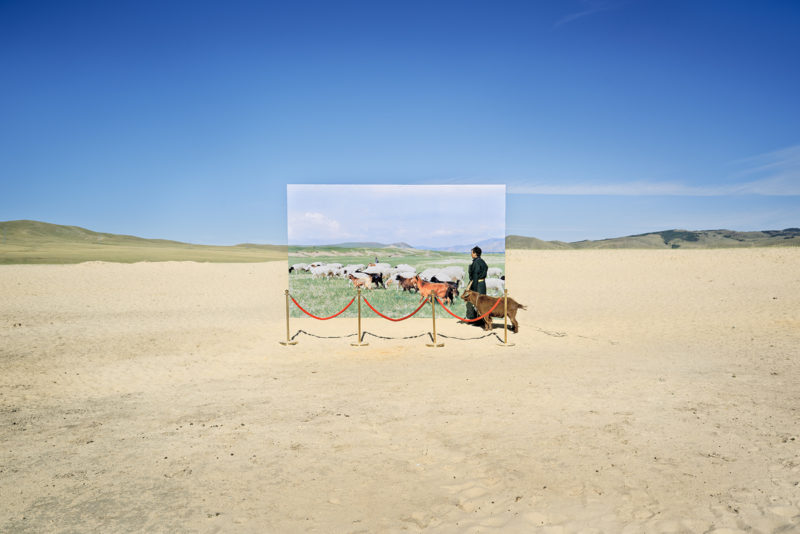
A nomadic lifestyle doesn’t require a lot of money. However, due to the developments, many have been forced to move to Ulaanbaatar 6, the capital. This has started causing social challenges.
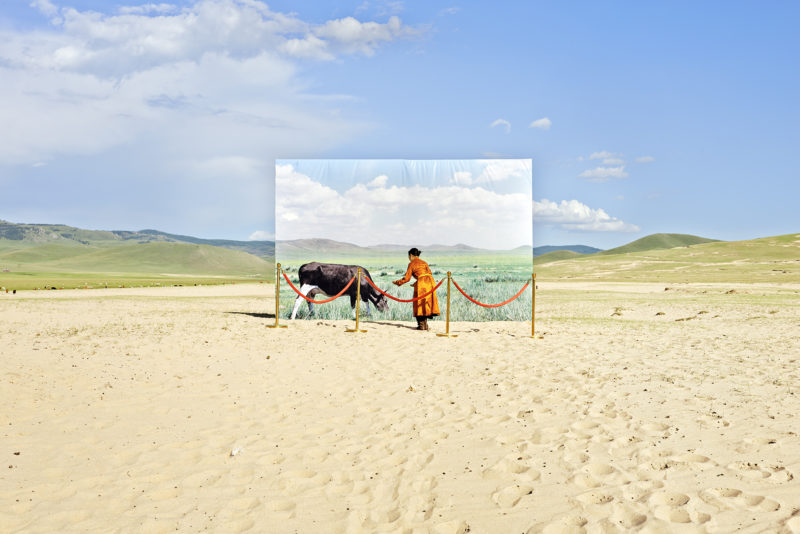
Many of the newly arrived residents are forced to earn a living by collecting waste for recycling. The former nomads have a difficult time adjusting to urban life. They often lack the skills required to have a traditional job.
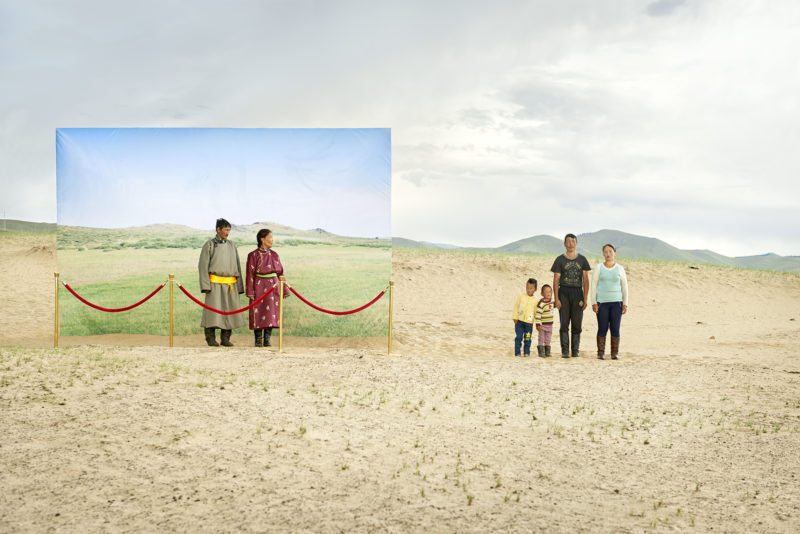
The nomadic ways of life have been passed down from generation to generation for thousands of years and play a significant part in traditional identity, ancestral history, and notions of self.
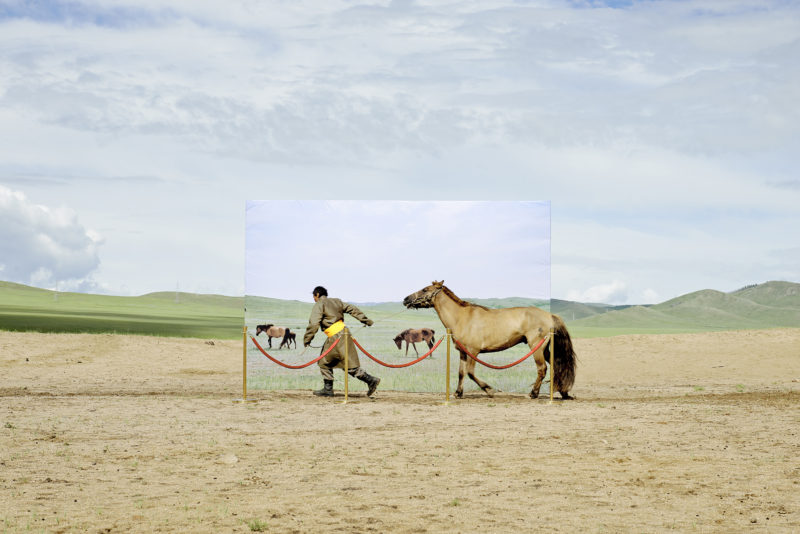
The meaning of Lee’s photos
Lee’s project serves as an attempt to recreate a museum diorama, however, without using a studio and models, Lee uses actual people, their livestock, in the traditional countryside, the desertified 7 lands in Mongolia. South Korean 8 artist Lee creates idyllic backdrops and prints these images on billboards 9.
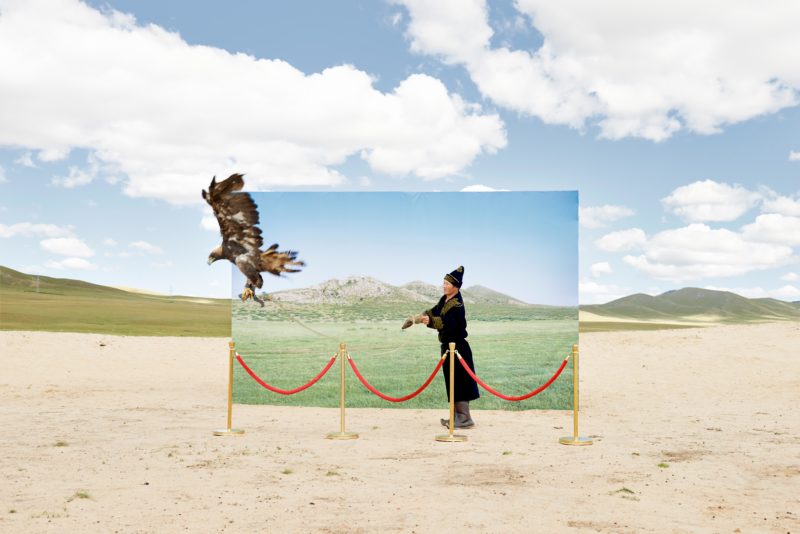
He then places the billboards in line with the actual landscape’s horizon. In doing so, Lee conveys that the lives of the nomadic people of Mongolia occur between their reality of a disappearing landscape and the space of a museum.
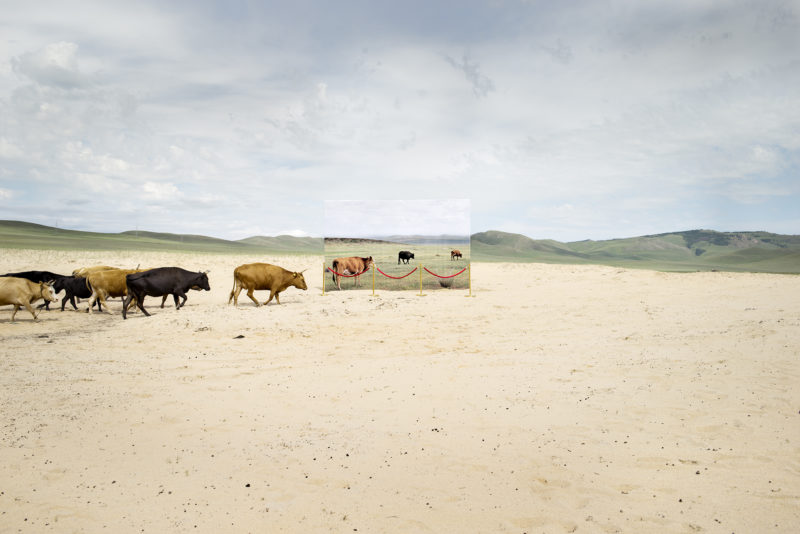
This forces viewers to recognize that the changes that are happening are forcing traditional ways into extinction, and may one day only exist in museums.
